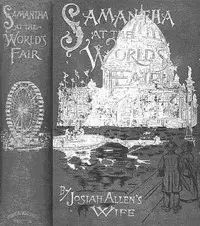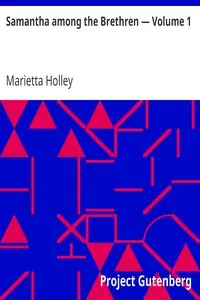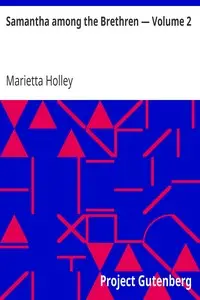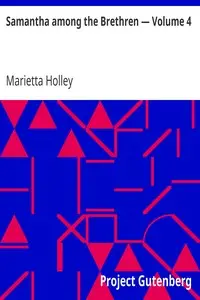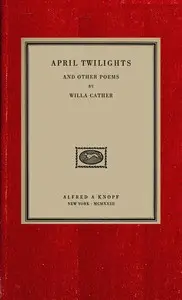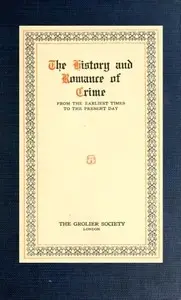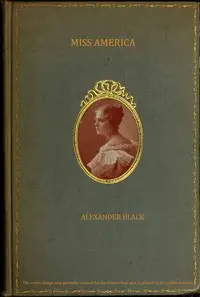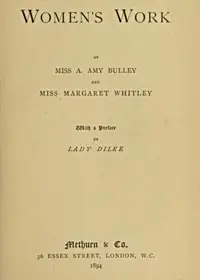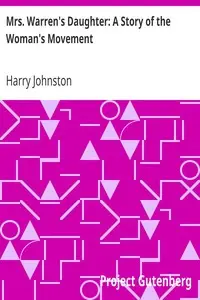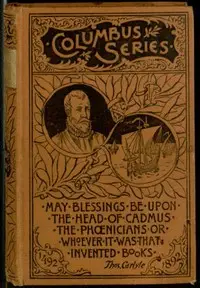"Samantha Among the Brethren, Complete" by Marietta Holley is a satirical novel written in the late 19th century. The book focuses on the life of Samantha, a strong-willed and opinionated woman, as she navigates the complexities of gender roles within her community, particularly in relation to the church and domestic life. With her husband, Josiah Allen, as a recurring character who embodies traditional male perspectives, Samantha's discussions often revolve around women's rights and societal expectations. The opening of "Samantha Among the Brethren" introduces readers to Samantha's character, highlighting her assertiveness and belief in women's contributions to religion and society, which she articulates while discussing the exclusion of women from church conferences. As her husband Josiah expresses skepticism about women's roles in religious leadership, Samantha passionately argues for their rightful place, drawing from historical and biblical references. Their lively banter sets the tone for the novel, showcasing the humor and complexity of marital dynamics and the dialogues surrounding women's empowerment during the time. The stage is set for a narrative filled with wit, social commentary, and Samantha's determined spirit. (This is an automatically generated summary.)
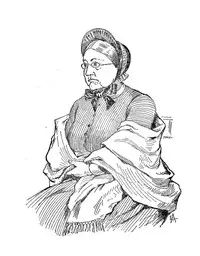
Samantha Among the Brethren, Complete
By Marietta Holley
"Samantha Among the Brethren, Complete" by Marietta Holley is a satirical novel written in the late 19th century. The book focuses on the life of Sama...
Marietta Holley, was an American humorist who used satire to comment on U.S. society and politics. Holley enjoyed a prolific writing career and was a bestselling author in the late 19th century, though she was largely forgotten by the time of her death. Her writing was frequently compared to that of Mark Twain and Edgar Nye. Along with Frances Miriam Whitcher and Ann S. Stephens, Holley is regarded as one of America's most significant early female humorists. Her work appealed to all classes of society. Her readers were scattered over the entire world, and included men and women of every station and grade. Her books were widely read in Europe.

